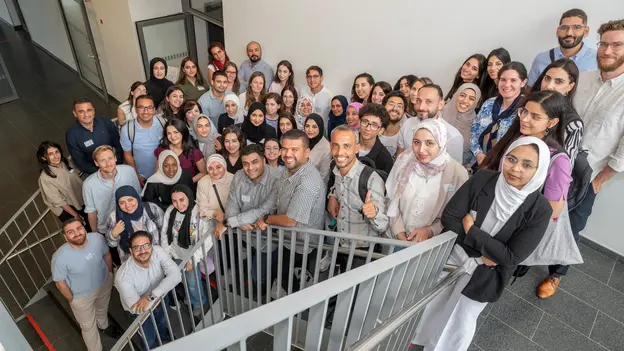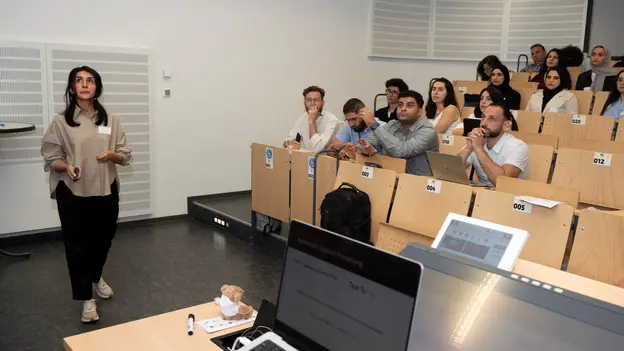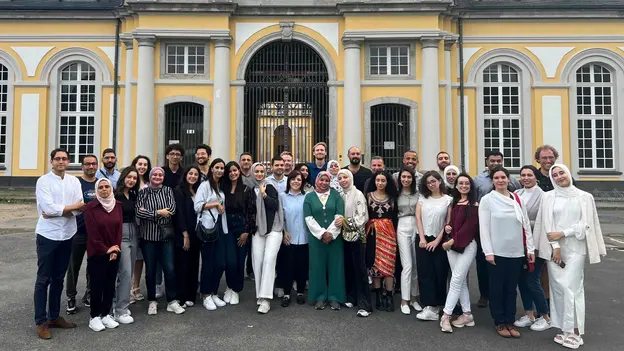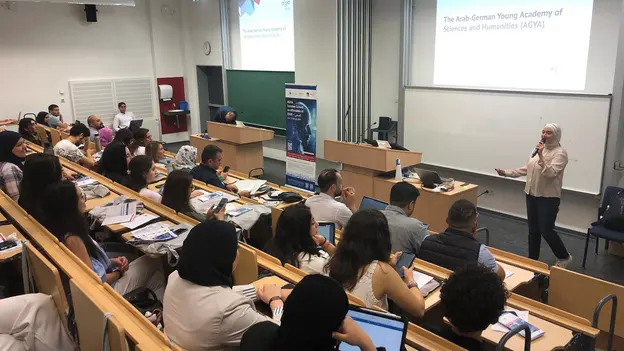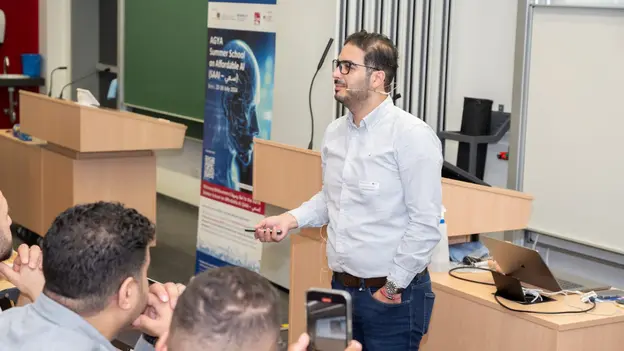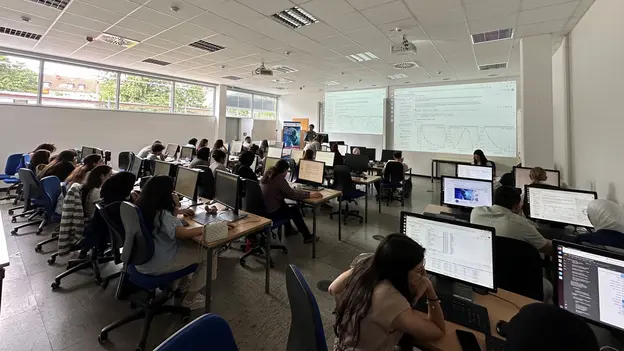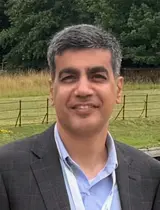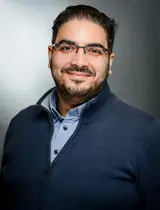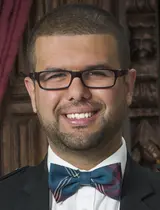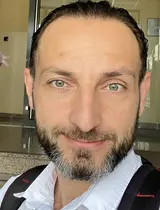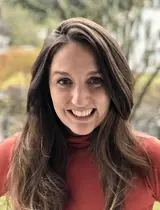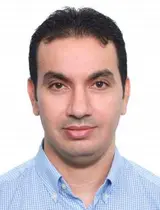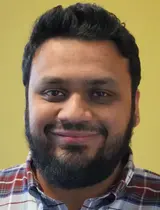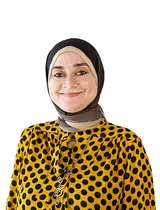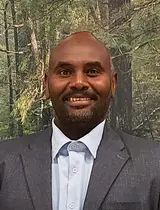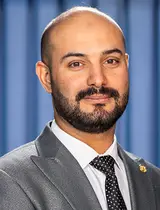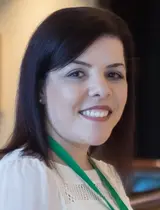Working Group Meeting
Affordable Artificial Intelligence in Theory and Practice
Summer School
In recent years, Artificial Intelligence (AI) has demonstrated remarkable potential to revolutionize diverse economic sectors. However, the widespread adoption of AI in low-resource settings, particularly in low- and middle-income countries, is hindered by various challenges, including limited access to computing resources, lack of local data availability, and affordability constraints. Realizing the transformative promise of AI in settings marked by resource limitations remains a critical challenge. This imbalance is also reflected in existing AI models that are primarily developed on centralized data from well-resourced institutions and may not generalize well to diverse populations, demographics, or local contexts.
AGYA members of the Working Groups Innovation and Health & Society have therefore joined forces with the Albarqouni Lab at the University Hospital Bonn and Helmholtz AI to organize a Summer School program with the purpose of promoting both theoretical and experimental research in the field of Affordable Artificial Intelligence (AI). Through the carefully curated interdisciplinary curriculum, participants were enabled to explore the fundamental principles, potential applications, and the latest advancements in this dynamic scientific field. With a multi-faceted focus engaging the academic fields of health, education and engineering, one of the most significant features of the event were the seamless blending of talented students with a community of renowned international experts. This approach was based on the success of the EEDA Autumn School 2023, organized by Shadi Albarqouni in cooperation with the DAAD and the Federal Foreign Office.
Participants from Germany and 17 Arab Countries establishing personal pathways to academic exchange
The initial call for participation had resulted in more than 1.200 submitted applications from under-/ graduate students from all disciplines of the technical, life, natural, social sciences and humanities as well as the arts. After a highly competitive selection process, a total of 35 students/graduates besides 15 AGYA alumni/members from Germany and 17 Arab countries were invited to join the intense three-day program at the vibrant campus of the University of Bonn.
Participating in the AGYA summer school was an incredible and unforgettable experience. The program gave us hands-on experience in the labs and allowed us to dive deep into both theoretical and experimental research on affordable AI.
Rawan Kabrit, American University of Beirut, Lebanon
By facilitating direct interactions and engaging discussions, the AGYA Summer School on Affordable AI (SAAI) created an intellectually stimulating environment, encouraging the exchange of ideas and the exploration of innovative research paths among the student participants and experts alike.
Interdisciplinary curriculum reflecting the diverse opportunities of Artificial Intelligence
High-ranking international speakers and trainers, among them AGYA members and alumnae/i, trained the participants in both theoretical and practical aspects of Artificial Intelligence. The interdisciplinary approach of the Summer School resulted in a broad variety of scientific input ranging from AI in climate change to affordable AI in health care, AI-based collaborative robot systems as affordable solutions for Handcrafts and Arabic speech processing in AI.
With the Summer School we achieved to create an enriching educational experience, marrying cutting-edge AI advancements with interdisciplinary Arab-German perspectives through lectures, hands-on labs, and real-world challenges
Shadi Albarqouni, AGYA member and Main Organizer of the SAAI Summer School
To provide the participants with hands-on learning opportunities, the rich spectrum of the program included practical training sessions at the university’s computing center. Benefitting from the state-of-the-art research facilities, the students teamed up in interdisciplinary sub-groups and engaged in challenging but inspiring sessions on Linear Regression, Convolutional Neural Networks as well as Clustering and Dimensionality Reduction.
Overall, the participants had the opportunity to connect with peers and professionals from different countries, establishing valuable relationships in the field of Artificial Intelligence that may extend well beyond the confines of the event.
- Disciplines Involved
- Computer Science, Engineering, Healh Sciences, Medical Sciences, Literature, Social Sciences
- Cooperation Partners
- Albarqouni Lab
- University of Bonn
- University Hospital Bonn
- Helmholtz AI
- Event Dates
- 22 - 26 July
- Venue
- University of Bonn, Germany
- Project Title
- Summer School on Affordable AI, SAAI – سعي
- Year
- 2024
- Funding Scheme
- Working Group Meeting
- Working Groups
- Innovation
- Health and Society
- Countries Involved
- Germany, Mauritania, Morocco, Tunisia, Algeria, Libya, Egypt, Palestine, Lebanon, Syrian Arab Republic, Jordan, Iraq, Kuwait, United Arab Emirates, Saudi Arabia, Oman, Yemen, Djibouti
